13 Common Side Effects and What to Do About Them

Feeling Flushed
Many PAH medicines relax or widen blood vessels so your blood can flow better. While that’s a good thing, you might also feel flushed. That means warm or hot. This is a good sign treatment is working – there’s usually nothing to worry about. Your skin may redden if your complexion is on the lighter end. Dress lightly and keep a fan handy. You can also try ice packs and other ways to stay cool.
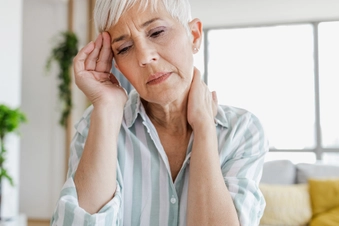
Headaches and Other Pains
PAH medicines help you breathe better, but they might also trigger issues in other parts of the body. Headaches and pain in your jaw or legs are possible. The good news is that you don’t have to put up with discomfort. Your doctor can help you decide the best way to manage pain, depending on how severe it is. Options include heating pads, massages, acupuncture, relaxation techniques, or prescription pain medication.

Nausea and Vomiting
A lower dosage, or amount, of medication may help. Try to eat smaller meals more often and sip ginger ale. Anti-nausea medication is also an option. Nausea or vomiting may trigger undesired weight loss. Talk to your doctor about how to pack more calories into smaller meals if it’s concerning.

Feeling Dizzy or Lightheaded
Because drugs for PAH relax and widen blood vessels, they may lead to low blood pressure. If you’re taking blood pressure medicine, ask your doctor if adjusting the dose might help with dizziness or feeling lightheaded. Go to the emergency room right away if you’ve fainted or feel like you might.
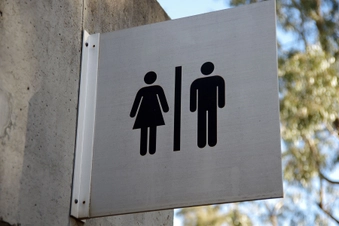
Diarrhea
Adding more fiber or probiotics to your diet might help. You can also ask your doctor about taking anti-diarrheal medication. If symptoms don’t get better, consider seeing a gastroenterologist. That’s a doctor who specializes in the digestive system. They can check to see if something unrelated to PAH medication is triggering diarrhea.
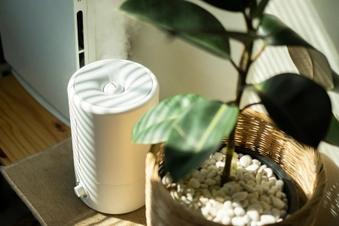
Nasal Congestion or Stuffiness
Try using a humidifier to moisten the air in your home or take a steamy shower. Drink lots of water and clear liquids to thin mucus, which eases congestion. Saline rinses can help you flush out extra mucus. You can also ask your doctor if an oral (something you take by mouth) decongestant or nasal spray might help.
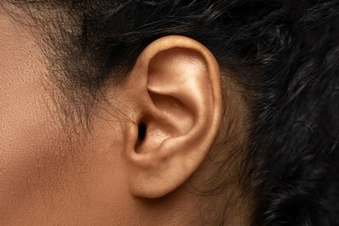
Hearing or Vision Loss
These aren’t common side effects of PAH treatment. But it’s possible with certain medications. Hearing loss might also come with dizziness or ringing in your ears (tinnitus). Tell your doctor right away if you notice any sudden changes to your hearing or vision.

Wheezing or Worsening Cough
These symptoms are more likely when you have to breathe in medication, or if you have another lung condition, such as asthma or chronic obstructive pulmonary disease. The drug may irritate your throat and trigger coughing. Ask your doctor if throat lozenges, cough drops, or medication to open your airways are options.

Nosebleeds
Sit up straight with your head bent slightly forward. Pinch your nose above the nostrils until it stops. If your nose bleeds a lot and won’t stop, see your doctor or go to a nearby urgent care or ER. Especially if you’re having nosebleeds often, let your doctor know.
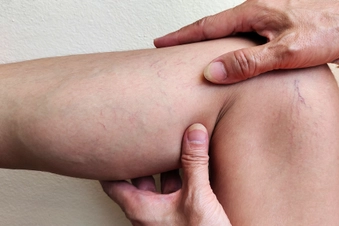
Visible Pink or Red Blood Vessels
Also called spider veins, biologics may trigger this side effect. They could feel itchy or a bit irritated, but they’re usually harmless. Tell your doctor if how they feel or look bothers you.

Anemia
Low red blood cells have been linked to PAH medication. Ask your doctor if you need regular bloodwork or an iron supplement to stay on top of this side effect. PAH medications can also lower platelet levels. Platelets are what help your blood clot to stop bleeding.
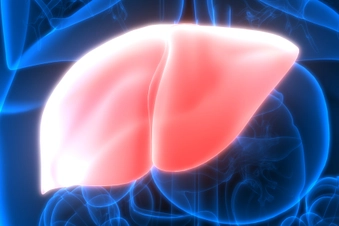
Changes In Liver Function
Your doctor may recommend testing your liver function as often as once a month. Over-the-counter acetaminophen can be hard on your liver, too. Ask your doctor if you have concerns about how PAH and any medicines you’re taking may affect your liver.
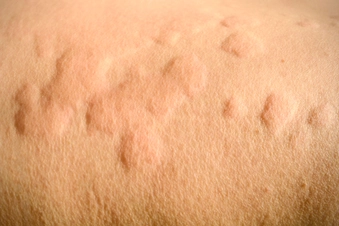
Allergic Reaction
Signs include a rash, hives, and itching. Your skin might also peel, turn red, or blister. Wheezing and trouble breathing or swallowing are more serious symptoms of an allergic reaction, along with a swollen tongue or throat.
Show Sources
IMAGES PROVIDED BY:
- The Image Bank/Getty Images
- E+/Getty Images
- iStock/Getty Images
- Moment/Getty Images
- Moment/Getty Images
- Moment/Getty Images
- iStock/Getty Images
- iStock/Getty Images
- iStock/Getty Images
- iStock/Getty Images
- Science Photo Library/Getty Images
- iStock/Getty Images
- iStock/Getty Images
SOURCES:
American Lung Association: “PAH Medication & Treatment Guide.”
Pulmonary Circulation: “Management of prostacyclin side effects in adult patients with pulmonary arterial hypertension,” “Liver abnormalities in pulmonary arterial hypertension.”
Pulmonary Hypertension Association: “Managing Side Effects of PH Medications.”
UpToDate: “Patient education: Nonallergic rhinitis (runny or stuffy nose) (Beyond the Basics).”
Cleveland Clinic: “Nosebleed,” “Spider Veins.”
Memorial Sloan Kettering Cancer Center: “Sotatercept.”
Internal and Emergency Medicine: “Anaemia, iron homeostasis and pulmonary hypertension: a review.”
LiverTox: “Endothelin Receptor Antagonists.”